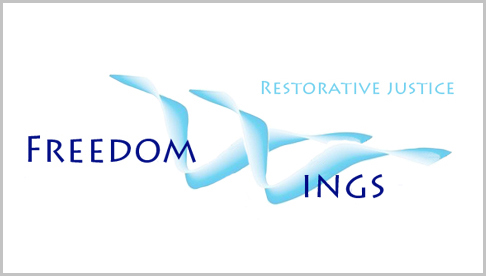
GENERAL INFO
Restorative justice and evaluation of the role and application of the mediation and the alternative measures in the EU member states.
FRAMEWORK
The overall objective of the project is the collection, dissemination, promotion of good practices at transnational level on programs of restorative justice and mediation and the non-custodial treatment measures. It should also highlighted the aim of contributing to the adaptation of participating countries legal system as promised, in particular, the application programs of restorative justice and mediation (see the European Union Council Framework Decision on the position of victims in criminal proceedings, 2001/220/JHA of 15 March 2001 and the Resolution on Action Plans to implement the Vienna Declaration on Crime and Justice: the new challenges of the twenty-first century, the United Nations General Assembly – No 56/261, 31/01/2002, and the resolution on the Basic Principles on the application of restorative justice programs in criminal matters, Economic and Social Council of the United Nations No 15/2002).
OBJECTIVE
Specifically, the project aims to:
1. Identify pathways of excellence in the treatment of:
a) children (14-18 years) and young adults (who have committed the crime aged less than 18) borne by the juvenile justice system.
b) adults in execution of punishment that may have initiated pathways of reflection “about possible remedial actions for the consequences of the crime” taking into account the rights of the victim.
Participating countries should identify measures that include: for children and young adults, procedural interventions aimed at reducing the use of imprisonment as advocated by the Standard Minimum Rules for the Administration of Juvenile Justice, VII Congress of the United Nations Beijing, 1985; for adults, alternative measures to detention, as recommended by the resolutions of the Council of Europe and the United Nations.
2. Comparison and Evaluation of the effectiveness of interventions delivered for children and young adults.
3. Test the operational procedures system used for the most representative cases especially in relation to the inter-institutional collaboration between operators involved in juvenile and ordinary justice and police, courts, local services, etc..
4. Verify the system of rules and regulations affecting international resolutions: training of mediators, procedures for the protection of the parties, legislation to protect the rights of victims.
5. Verify the effectiveness of interventions implemented in the field of the restorative justice and mediation in the juvenile justice system and the ordinary justice.
6. Building a vision of restorative justice and a shared methodology of work between all professionals and institutions police.
1. Identify pathways of excellence in the treatment of:
a) children (14-18 years) and young adults (who have committed the crime aged less than 18) borne by the juvenile justice system.
b) adults in execution of punishment that may have initiated pathways of reflection “about possible remedial actions for the consequences of the crime” taking into account the rights of the victim.
Participating countries should identify measures that include: for children and young adults, procedural interventions aimed at reducing the use of imprisonment as advocated by the Standard Minimum Rules for the Administration of Juvenile Justice, VII Congress of the United Nations Beijing, 1985; for adults, alternative measures to detention, as recommended by the resolutions of the Council of Europe and the United Nations.
2. Comparison and Evaluation of the effectiveness of interventions delivered for children and young adults.
3. Test the operational procedures system used for the most representative cases especially in relation to the inter-institutional collaboration between operators involved in juvenile and ordinary justice and police, courts, local services, etc..
4. Verify the system of rules and regulations affecting international resolutions: training of mediators, procedures for the protection of the parties, legislation to protect the rights of victims.
5. Verify the effectiveness of interventions implemented in the field of the restorative justice and mediation in the juvenile justice system and the ordinary justice.
6. Building a vision of restorative justice and a shared methodology of work between all professionals and institutions police.
PARTNERS
- UNISS – University of Sassari – Italy
- ERFC – European Regional Framework for Co-operation – Greece
- Municipality of Lemba – Cyprus
